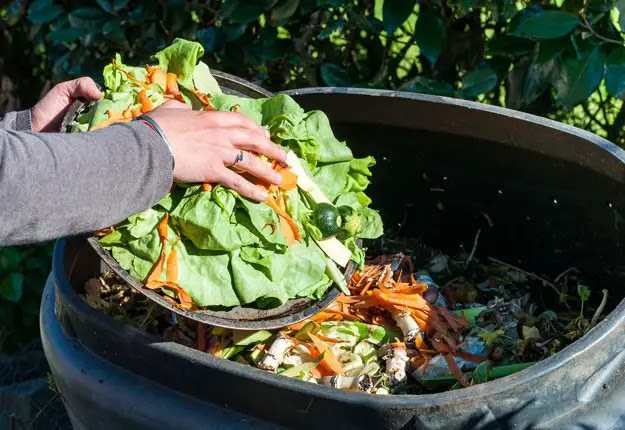Food Waste and Its Environmental Impact
Introduction
Food waste is a critical issue that affects not only our economies and societies but also the environment. In recent years, the scale of food waste has reached alarming levels, with substantial consequences for the planet. This essay aims to explore the environmental impact of food waste, focusing on the causes, effects, and potential solutions to address this global challenge.
Causes of Food Waste
Several factors contribute to food waste throughout the supply chain. Firstly, inadequate agricultural practices, such as overproduction and improper storage techniques, result in significant losses even before the food reaches consumers. Secondly, in the retail sector, strict cosmetic standards and overstocking practices often lead to the discarding of perfectly edible food. Finally, at the consumer level, improper meal planning, excessive portion sizes, and confusion surrounding expiration dates contribute to substantial food waste.
Effects of Food Waste on the Environment
Food waste has profound environmental consequences. Firstly, the production of wasted food requires valuable resources, including land, water, energy, and labor. When food is wasted, these resources are squandered, putting unnecessary strain on the environment. Additionally, food waste contributes to greenhouse gas emissions. As discarded food decomposes in landfills, it releases methane, a potent greenhouse gas that significantly contributes to climate change. Moreover, food waste also leads to deforestation, as increased demand for agricultural land results in the conversion of forests and natural habitats. The loss of these ecosystems negatively impacts biodiversity and exacerbates environmental degradation.
Furthermore, food waste exacerbates water scarcity. Agriculture accounts for a significant portion of global water consumption, and when food is wasted, the water used in its production is also wasted. This not only depletes freshwater resources but also increases the overall water footprint of the food system. Moreover, food waste contributes to soil degradation. Excessive food disposal in landfills contaminates soil with harmful substances, further compromising its fertility and long-term productivity.
Solutions to Address Food Waste
Addressing food waste requires a multifaceted approach involving various stakeholders. Firstly, improving agricultural practices and investing in post-harvest infrastructure can significantly reduce food loss at the production stage. This includes implementing efficient storage techniques, optimizing crop rotation, and promoting sustainable farming methods. Additionally, enhancing coordination within the supply chain can minimize food waste. Retailers can collaborate with food producers and redistribute surplus food to charities or food banks, ensuring that edible food reaches those in need.
Raising awareness among consumers is crucial in combating food waste. Educational campaigns can promote responsible consumption habits, such as proper meal planning, understanding food labels, and reducing portion sizes. Moreover, innovations in packaging, such as intelligent labels and smart storage solutions, can assist consumers in reducing waste.
Government intervention is also necessary to address food waste comprehensively. Implementing regulations and incentives for businesses to donate surplus food rather than disposing of it can have a significant impact. Tax incentives for food donations, along with stricter guidelines on food labeling and expiration dates, can encourage businesses to minimize waste and facilitate redistribution efforts.
Conclusion
Food waste poses a substantial environmental challenge that demands urgent action. The consequences of food waste, including resource depletion, greenhouse gas emissions, deforestation, and water scarcity, significantly impact our planet. However, through improved agricultural practices, enhanced coordination within the supply chain, consumer education, and government intervention, we can mitigate the environmental impact of food waste. By working collectively, we can build a more sustainable and efficient food system that minimizes waste, conserves resources, and protects the environment for future generations.
In this free online course, learn about food safety protocols and what is required by law to prevent food-borne illness.
The Basics of Food Safety and Hygiene









0 Comments
Thank you!